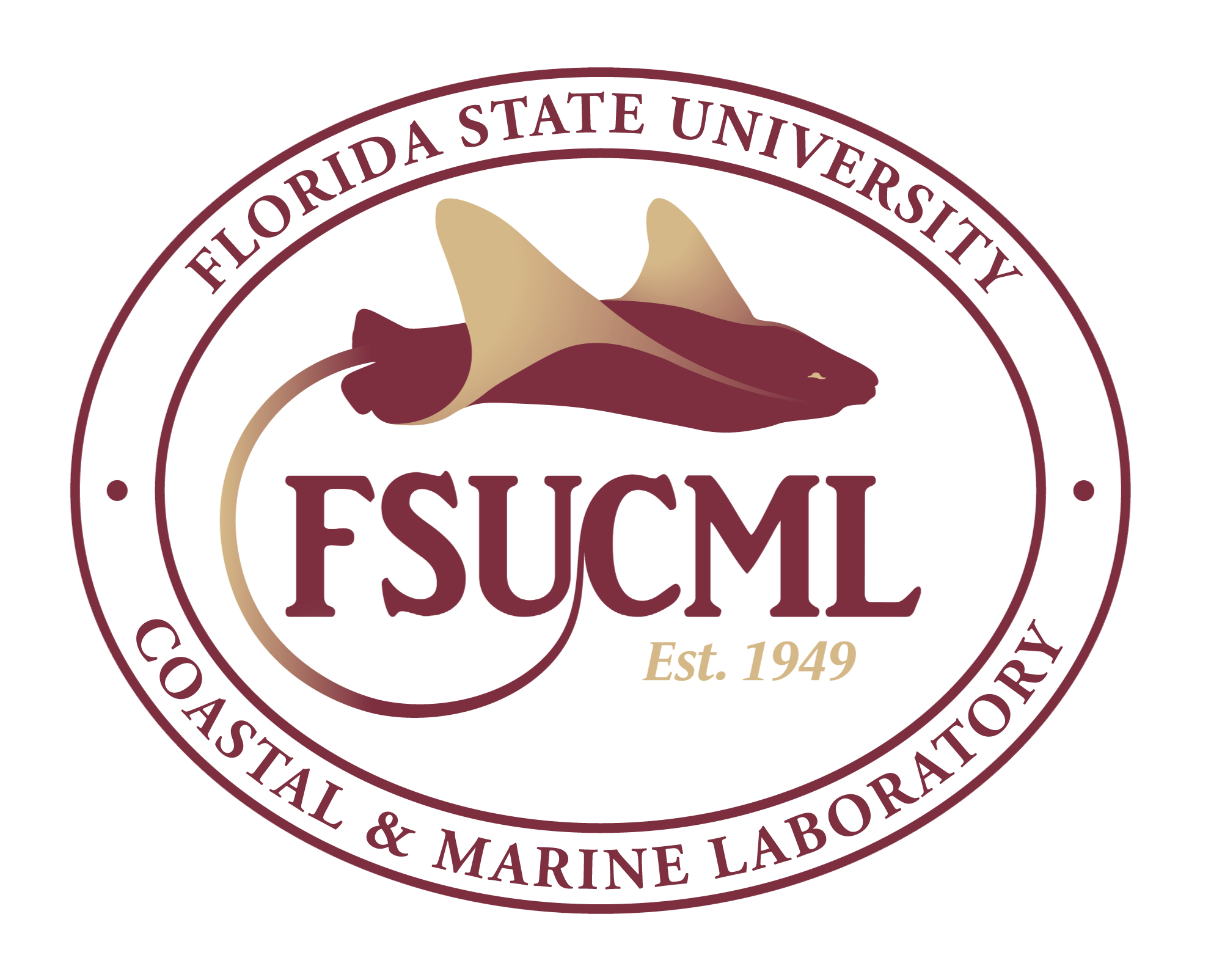The ABSI research team has had a busy start to 2021! They are continuing to perform their standard monthly sampling of the oyster sites for oyster condition and disease prevalence. Additionally, all six of the multiparameter sondes that were deployed in December are successfully collecting data. The team was able to download a full month’s worth of preliminary/test data from the instrument that was placed at the Apalachicola river mouth.
ABSI has also been joined by new faculty member, Dr. Josh Breithaupt, whose research focuses on the biogeochemistry of coastal ecosystems, which include mangroves, seagrass meadows, and oyster reefs. Dr. Breithaupt and his lab technician, Kevin Engelbert, have begun ramping up for numerous research endeavors. Instruments have been or are in the process of being acquired for measuring carbon and nutrient in environments throughout Apalachicola Bay. Subtidal and intertidal sediment samples have been collected from throughout the system to begin identifying locations for measurements of bottom-water corrosivity and shell residence times (Fig. 1). Soil cores have been collected from mangroves on the barrier islands (Fig. 2), and the data are being analyzed to evaluate the impact these relative new-comers to the region will have on long-term sequestration of carbon and nutrients. Dr. Breithaupt will present findings from this research at the ANERR Symposium on February 18th. The soil measurements are being paired with flux data of CO2 and CH4 released from wetland soils and sediments around the Bay (Fig. 3).
Additionally, Barry Walton, a FSUCML Marine Technician working with ABSI, is finalizing a timeline map of Apalachicola Bay’s historical water quality data provided by the Apalachicola National Estuarine Research Reserve (ANERR). He is creating an interactive StoryMap in which the user will be able to watch the water quality change over time (1995 – 2021) in Apalachicola Bay. When it is finalized, it will be available on the ABSI website.




